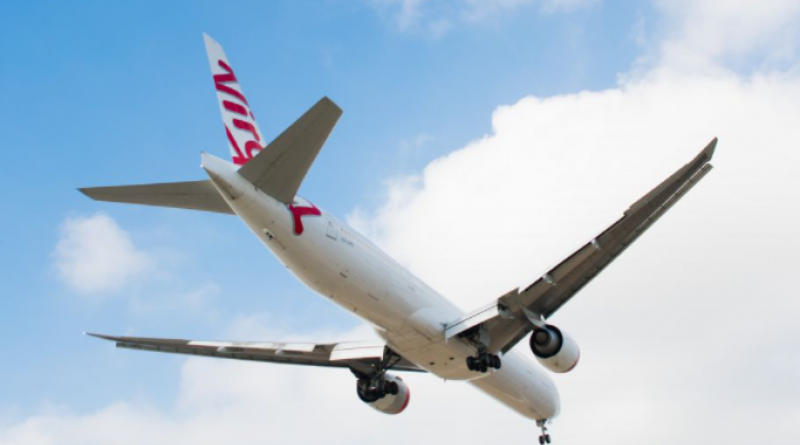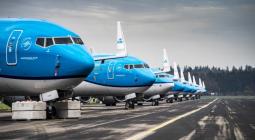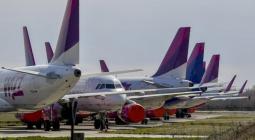Virgin Atlantic announces ambitious carbon targets to ensure it meets net zero by 2050

The airline giant is planning to make significant reductions in CO2 emissions through increased fleet efficiency and use of 10% Sustainable Aviation Fuels (SAF) in 2030.
To achieve net zero by 2050, Virgin Atlantic has extended targets to reinforce its commitment to embed sustainability through innovation, transparency, and accountability.
The plan already builds on the 18% reduction in CO2/RTK already achieved in 2019 through fleet modernisation and operational efficiencies.
By 2026, Virgin aims to reduce CO2 emissions by 15%, and include 10% of fuel sources from SAF by 2030.
Virgin Atlantic aim to further extend their net reduction in CO2 emissions to 40% by 2040.
Following a multi-billion-dollar investment over the last decade, the airline currently has an average aircraft age of under seven years and has already carried out a 20% reduction in fleet carbon emissions.
Since partnering with LanzaTech in 2011, the airline has flown the first commercial flight operated on SAF in 2018 and is supporting efforts to build the first UK SAF plant by 2025.
Virgin, a founding member of Sustainable Aviation and the UK’s Jet Zero Council and through the Clean Skies for Tomorrow coalition, aim to play an active role in accelerating SAF development at scale.
SAF development will enable Britain to be at the forefront of commercialising new technologies in support of net zero ambitions.
Shai Weiss, CEO, Virgin Atlantic, commented: “For more than a decade we’ve been leading the way in the decarbonisation of the aviation industry, and now as we emerge from the Covid-19 pandemic we have a unique opportunity to ensure we return to the skies more sustainably.”
“The carbon targets outlined today will help us achieve this as we work tirelessly on our mission to reach net zero emissions by 2050.”
“Aviation is a truly global industry, and we can’t tackle this on our own. That’s why we’re continuing to work closely with the UK’s Jet Zero Council and Sustainable Aviation, as well as aligning with innovation and technology partners across the industry and beyond.”
“There is a long road ahead but we’re committed to pioneering change and being transparent on our progress, on our way to a low carbon future.”
12 October 2021
Climate Action




